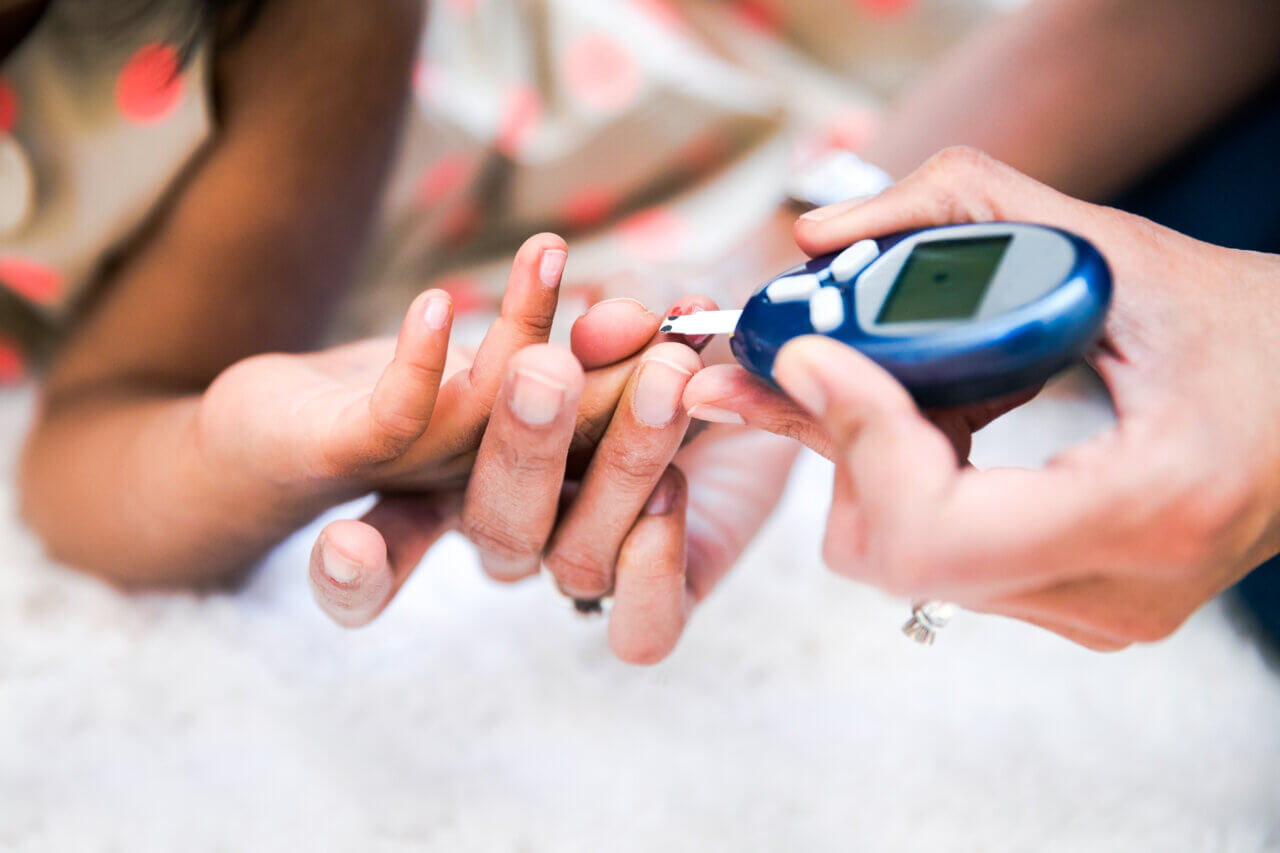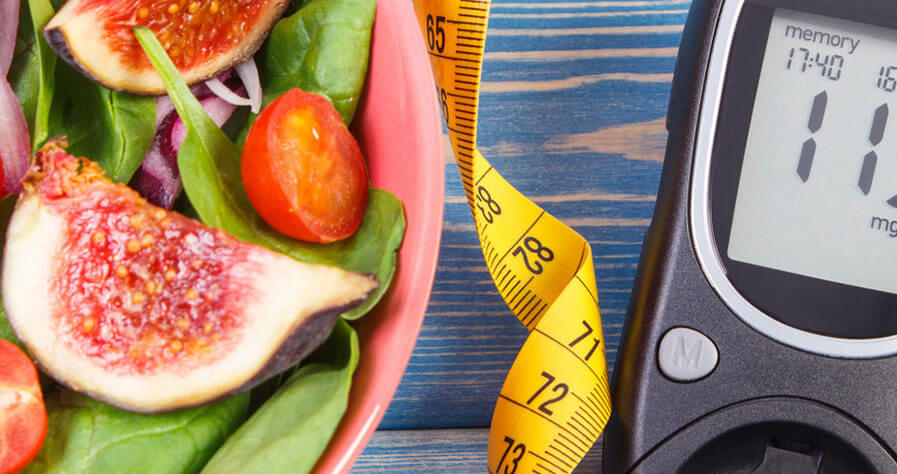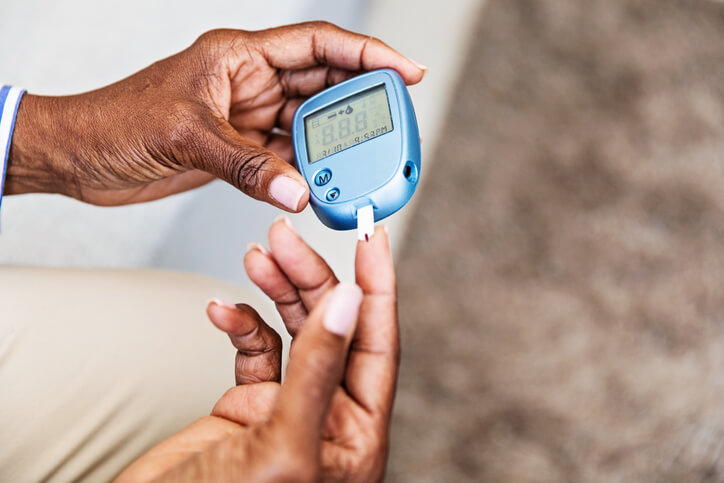What Is Type 1 Diabetes?

Type 1 diabetes is an autoimmune condition where the immune system attacks cells in the pancreas that release insulin. Insulin is a hormone that helps the body move glucose (sugar) from the bloodstream into cells, where it’s used to power cellular activity.
When insufficient insulin is available, high blood sugar levels can damage tissues and organs throughout the body.
The exact cause of type 1 diabetes is unknown, but it likely has a genetic component, with exposure to viruses and other environmental factors also possibly playing a role. It’s typically diagnosed in childhood or early adolescence.
Type 2 diabetes also involves the body’s ineffective management of blood sugar (as a result of low insulin levels or insulin resistance). However, it’s not genetic and is generally diagnosed in adulthood.
Type 1 Diabetes Symptoms
The symptoms of type 1 diabetes include:
- Increased thirst and hunger
- Unexplained weight loss
- Fatigue
- Increased urination
- Mood changes
- Blurry vision
- Bed-wetting in children who didn’t previously experience it
- Tingling sensation in the extremities
If type 1 diabetes isn’t treated and a person’s blood sugar levels get extremely high, they can develop diabetic ketoacidosis. This is a serious and potentially fatal condition with symptoms that include:
- Dry mouth
- Fast breathing rate
- Breath that has a fruity odor
- Nausea
- Vomiting
If you notice these symptoms in yourself or others, you should seek immediate medical attention.
Type 1 Diabetes Complications
Type 1 diabetes can be treated effectively. However, the condition can cause severe and potentially life-threatening complications if not addressed properly. They include:
- Eye damage and blindness
- Kidney damage
- Heart disease
- High blood pressure
- Stroke
- Toe, foot, or leg amputation
- Infections on the skin or in the mouth
- Pregnancy complications such as stillbirth, miscarriage, and congenital disabilities in babies and diabetic ketoacidosis, preeclampsia, and other problems in mothers
Diagnosing Type 1 Diabetes
If a patient has symptoms of diabetes, doctors typically order a glycated hemoglobin (A1C) test. This blood test measures blood sugar and indicates the average level for the past two to three months.
A diagnosis is given based on these test results:
- A1C below 5.7% is normal
- A1C of 5.7% to 6.4% is considered prediabetes
- A1C of 6.5% or higher on two separate tests indicates diabetes
If a person’s A1C can’t be determined, their doctor may order other tests, such as a random blood sugar test, fasting blood sugar test, or oral glucose tolerance test.
Additional tests for autoantibodies in the blood or ketones in the urine can help doctors distinguish between type 1 and type 2 diabetes.
Treating Type 1 Diabetes
Treating type 1 diabetes involves:
- Taking insulin as needed through injections or an insulin pump
- Blood sugar monitoring
- Eating healthy foods, including appropriate amounts of carbohydrates, protein, and fats
- Exercising regularly
- Maintaining a healthy weight
The focus of type 1 diabetes treatment is keeping the patient’s blood sugar level as close to normal as much of the time as possible. Doing so can delay or prevent the onset of complications.
Talk With Your Baptist Health Physician About Type 1 Diabetes
Your Baptist Health doctor can determine if you or your child have type 1 diabetes and, if you do, develop a treatment plan. They may also involve an endocrinologist in your treatment.
If you don’t have a Baptist Health physician, you can find one using our online provider directory.
Next Steps and Useful Resources
Can Diabetes Be Reversed?
Insulin Pump 101: What It Is & How It Works
10 Nutrition Tips for Someone With Diabetes



